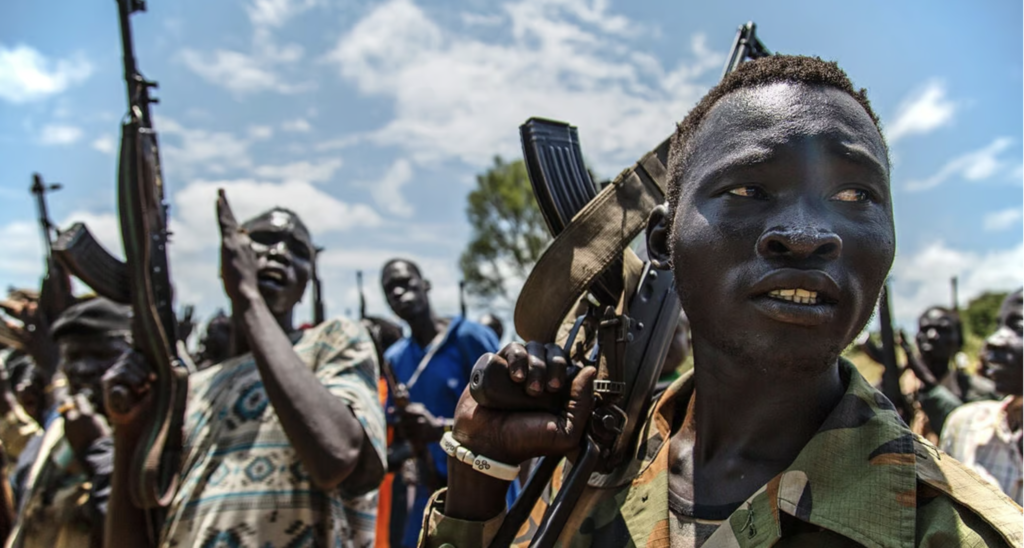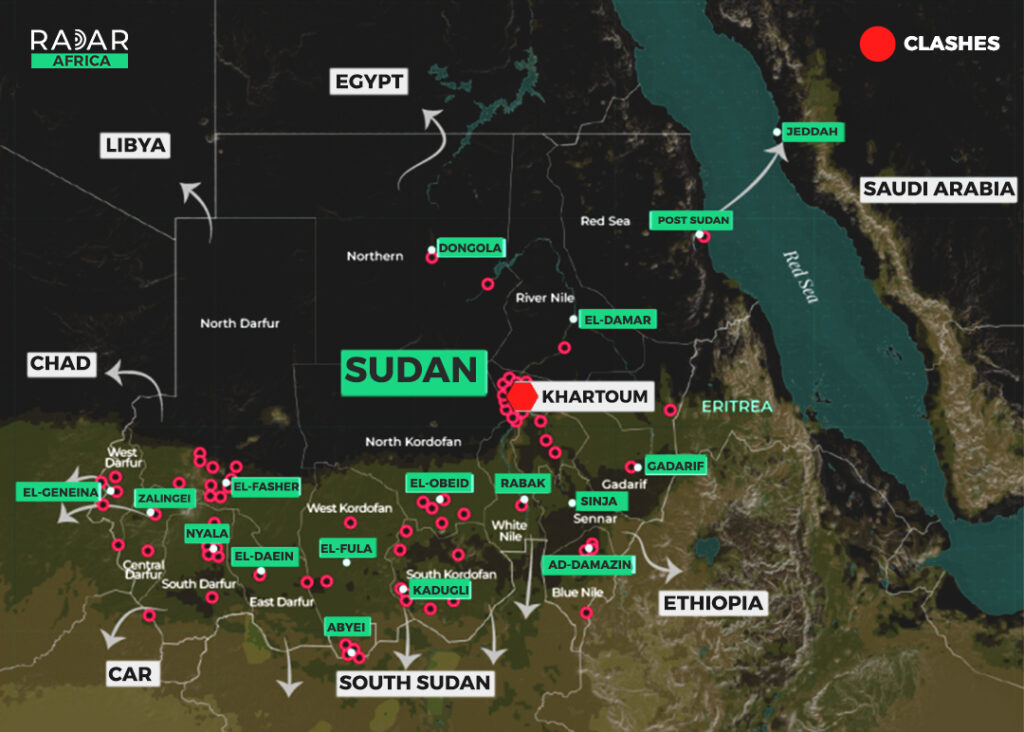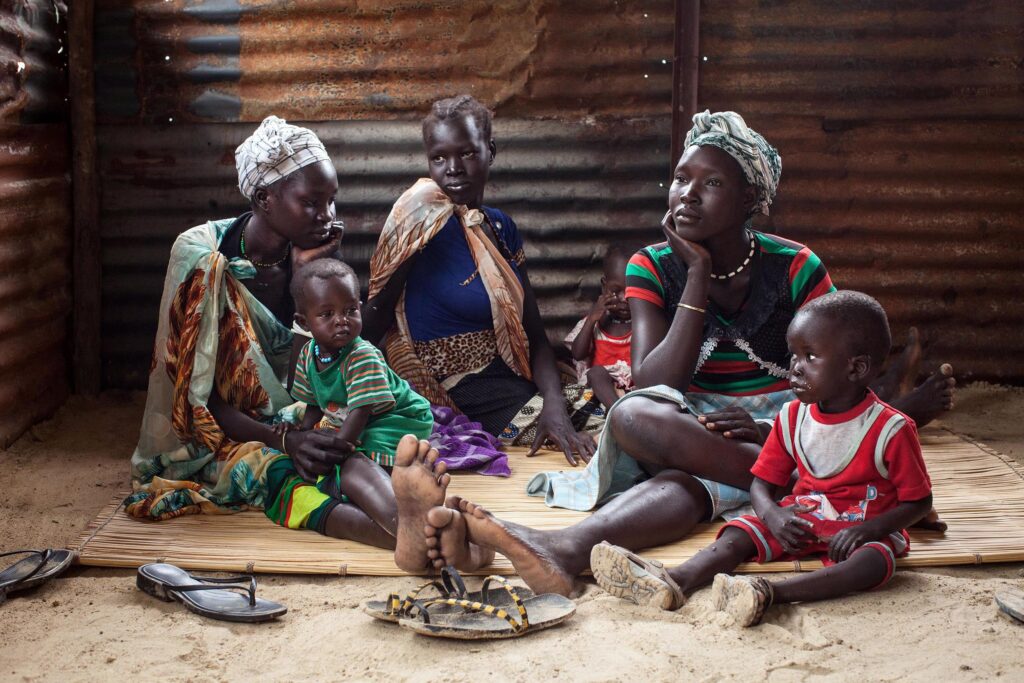
In a span of 100 days, Sudan has been engulfed in a relentless and devastating conflict, leaving a trail of human suffering and reigniting ethnic tensions. The conflagration erupted on April 15, pitting the Sudanese army against the Rapid Support Forces (RSF), plunging Khartoum and its surroundings into chaos and despair. The flames of war have since spread to Darfur, Kordofan, and Blue Nile states, intensifying the already war-weary regions.
Amidst this turmoil, diplomatic initiatives aimed at brokering peace have faltered, as both sides appear resolute in their belief that victory can be achieved without engaging in meaningful negotiations.

Failed Ceasefires and Elusive Talks
Attempts at securing ceasefires have proven futile, with negotiations breaking down repeatedly after a series of 16 collapsed agreements. In May, the rival parties convened in Jeddah, Saudi Arabia, under the auspices of Riyadh and Washington. However, meaningful progress remained elusive, and talks were suspended as the army accused the RSF of lacking commitment.
The African Union (AU) also stepped in with its own plan, envisioning a political dialogue involving military, civilian, and social actors, leading to constitutional arrangements and a civilian government. Despite convening multiple meetings, the summit has yet to produce tangible results.
Egypt’s Mediation and Regional Complexities
Meanwhile, Egypt entered the fray, hosting a summit in Cairo on July 13, presided over by President Abdel Fattah el-Sisi, a longstanding ally of Sudan’s top general al-Burhan. This initiative proposed a lasting ceasefire, humanitarian corridors for aid, and an inclusive dialogue framework encompassing all Sudanese political factions.
Yet, a myriad of diplomatic endeavors has given rise to tensions among regional players, hampering cooperation. Strained relations between the UAE and Saudi Arabia, as well as Ethiopia, further complicate the resolution process.
Belligerents’ Unwillingness to Compromise
Instead of seeking genuine solutions, both sides have demonstrated interest in mediation efforts primarily to buy time and gain international legitimacy. Evidence of rearmament points to a lack of seriousness in engaging in substantive negotiations.
A Humanitarian Crisis and Ethnic Strife
As the conflict rages on, civilian populations bear the brunt of the violence, with the death toll reaching at least 3,000, and millions displaced within the country and across borders. Disturbing reports of rape and ethnic cleansing in Darfur have rekindled memories of past atrocities, adding to the sense of urgency to find a resolution.

A Precarious Path to Peace
After 100 days of unyielding conflict, the path to peace in Sudan remains precarious. Negotiations have yet to gain traction, and the human toll continues to mount. Addressing the crisis requires concerted efforts from the international community and regional players, necessitating a two-step process: achieving a ceasefire and initiating a comprehensive political dialogue to forge a legitimate governance structure for Sudan. Only through sustained cooperation and collective action can a lasting solution be found.
